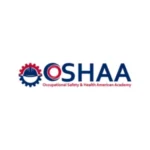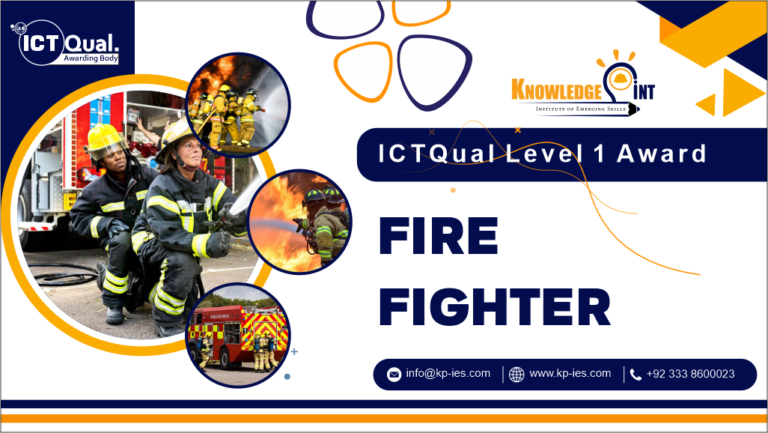OSHAA ISO Lead Auditor
Train the Trainer
Awarding Body
OSHAA
Duration
30 Hours
Course Type
ISO
study mode
Online Learning
Course overview
OSHAA ISO Lead Auditor Train the Trainer is a comprehensive programme designed for professionals aiming to master advanced ISO auditing and develop the skills to train others in lead auditor roles. In today’s competitive and regulated business environment, organizations rely on strict compliance with international standards to maintain quality, safety, and operational excellence. This dual-focused course empowers participants to enhance auditing expertise while acquiring instructional capabilities to deliver effective ISO training within their organizations.
The programme covers in-depth auditing principles across key ISO standards, including ISO 9001 (Quality Management), ISO 14001 (Environmental Management), and ISO 45001 (Occupational Health and Safety). Participants learn to plan, execute, and report lead-level audits, identify non-conformities, and recommend corrective and preventive actions aligned with organizational objectives. Emphasis is placed on compliance, risk management, and continuous improvement to drive operational efficiency and organizational success.
A key feature of this course is its Train the Trainer component, which equips participants with skills in lesson planning, facilitation, and adult learning methodologies. This enables certified auditors to educate, assess, and mentor others, building internal auditing capacity and fostering a culture of compliance and accountability.

Approved Training centre of OSHAA
For OSHAA Qualifications

Entry Requirments
Entry Requirements for the OSHAA ISO Lead Auditor Train the Trainer:
- Educational Qualifications:Minimum of a secondary school certificate or equivalent.A background in quality management, environmental management, occupational health and safety, or related fields is highly desirable.
- Professional Experience:At least 2–3 years of experience in quality, compliance, auditing, or related management roles.
- English Language Proficiency:Since the program is delivered in English, learners must show competence in reading, writing, and communication.
Course structure
The OSHAA ISO Lead Auditor Train the Trainer qualification consists of 8 mandatory units.






